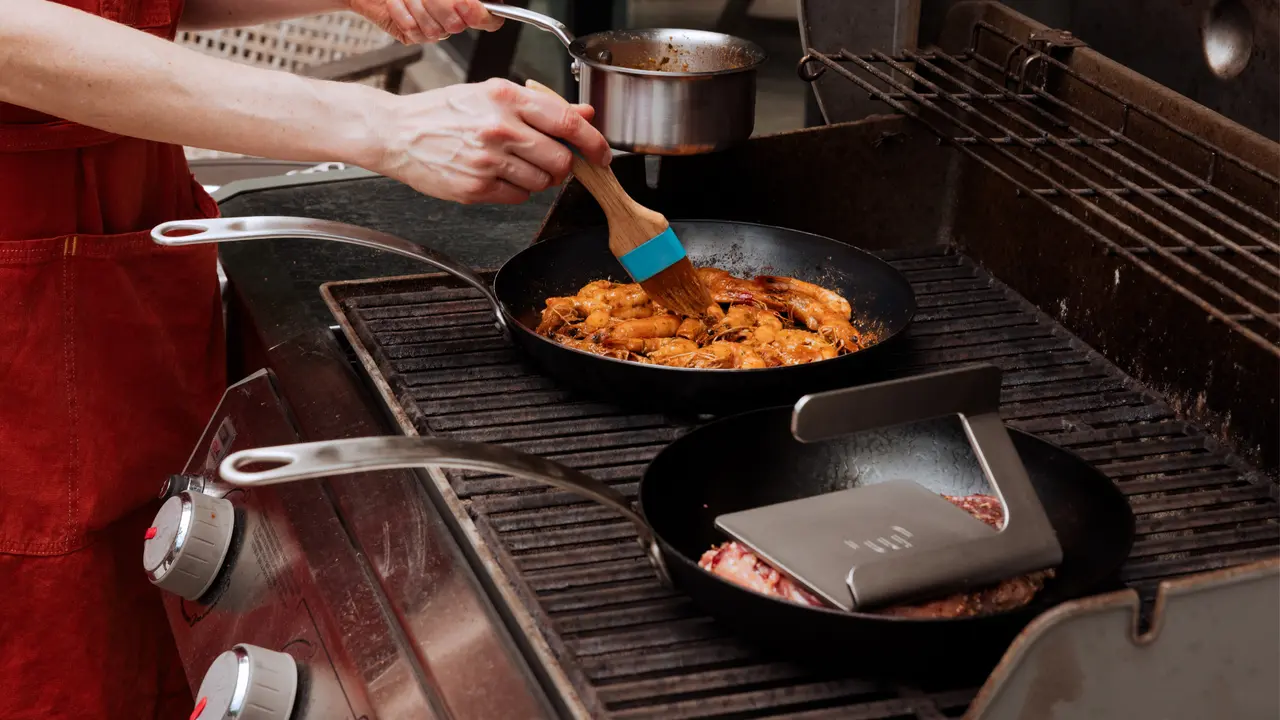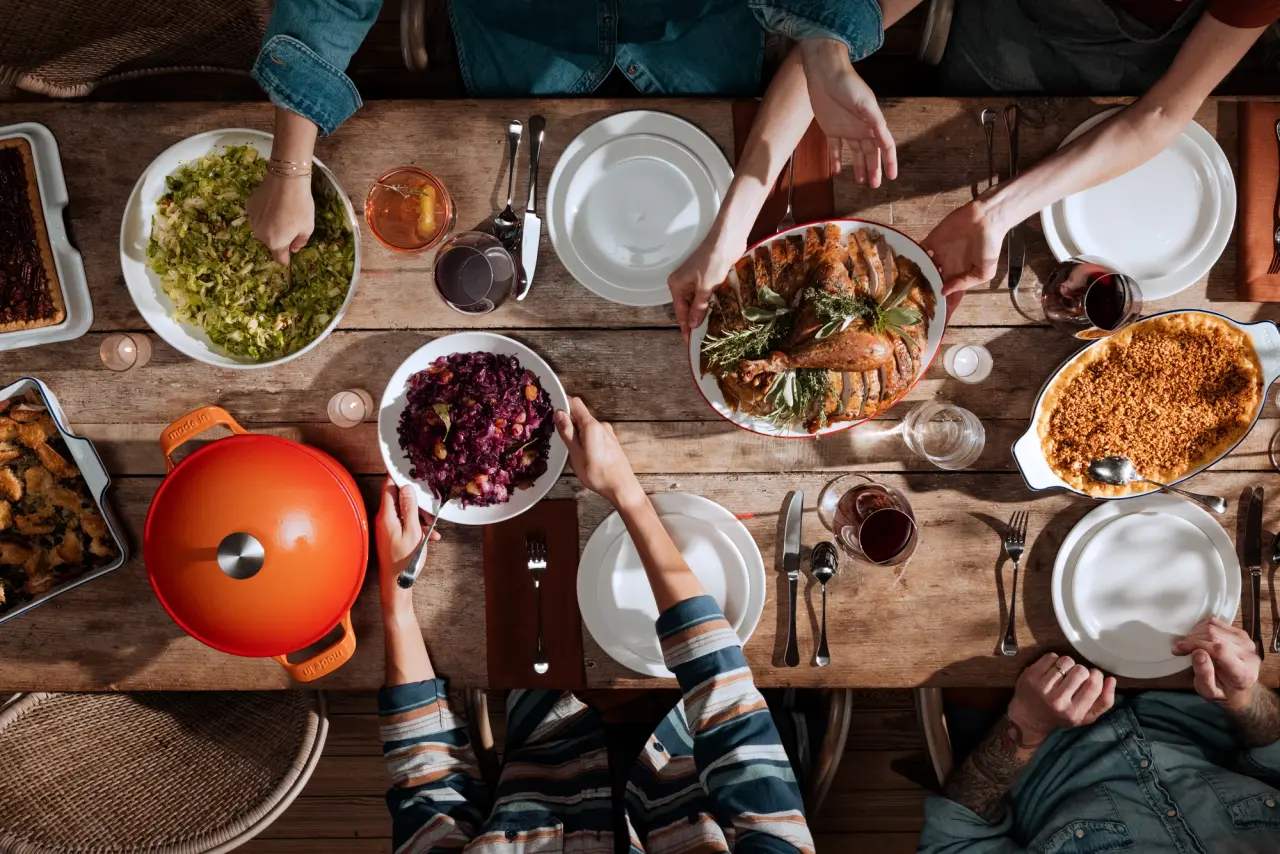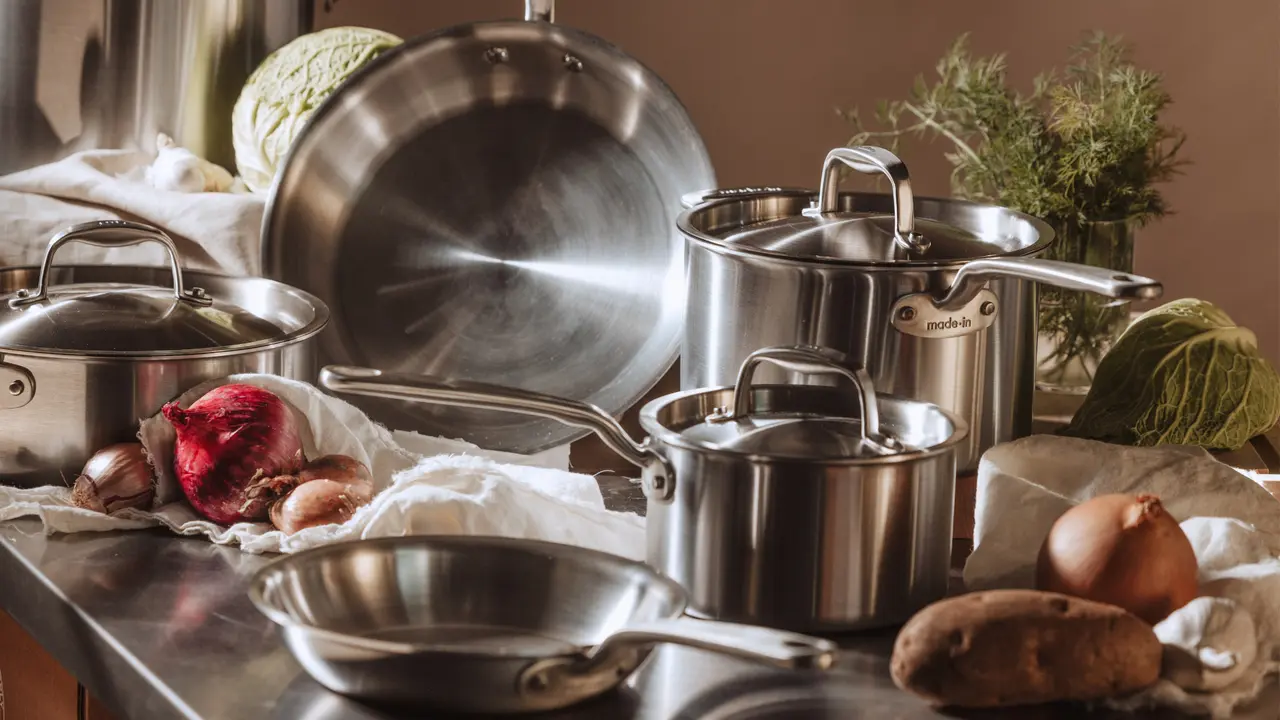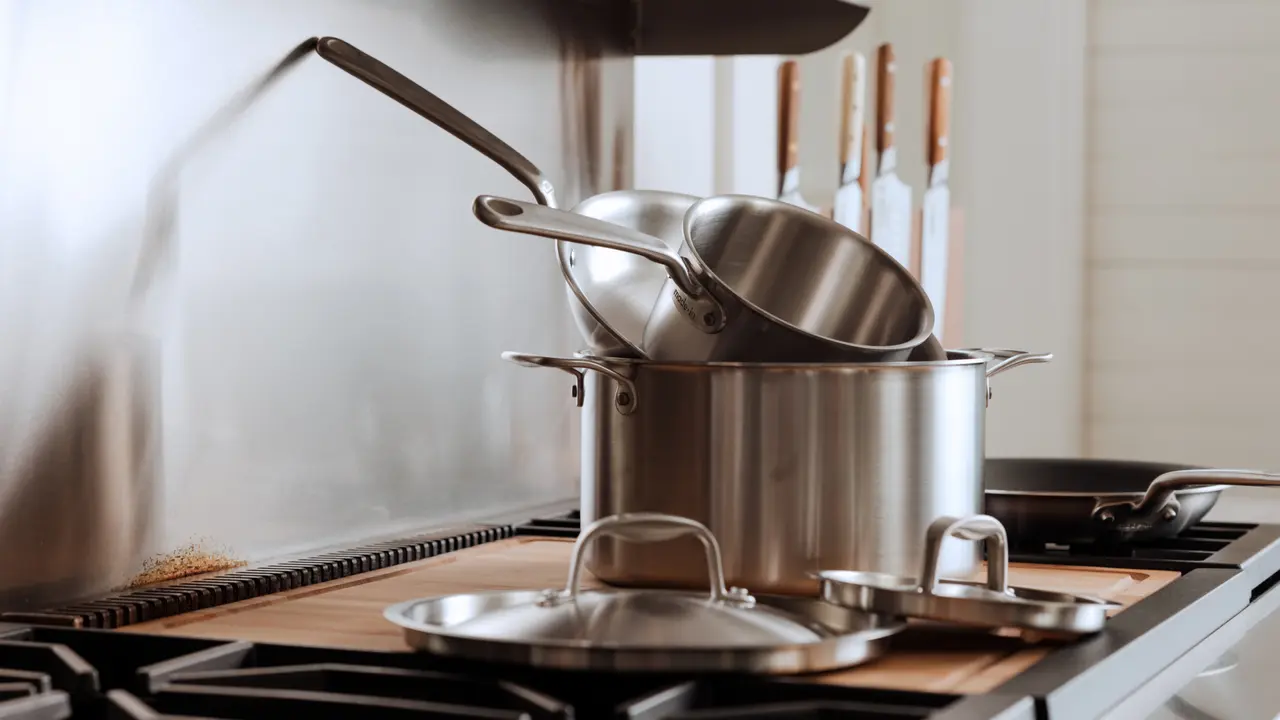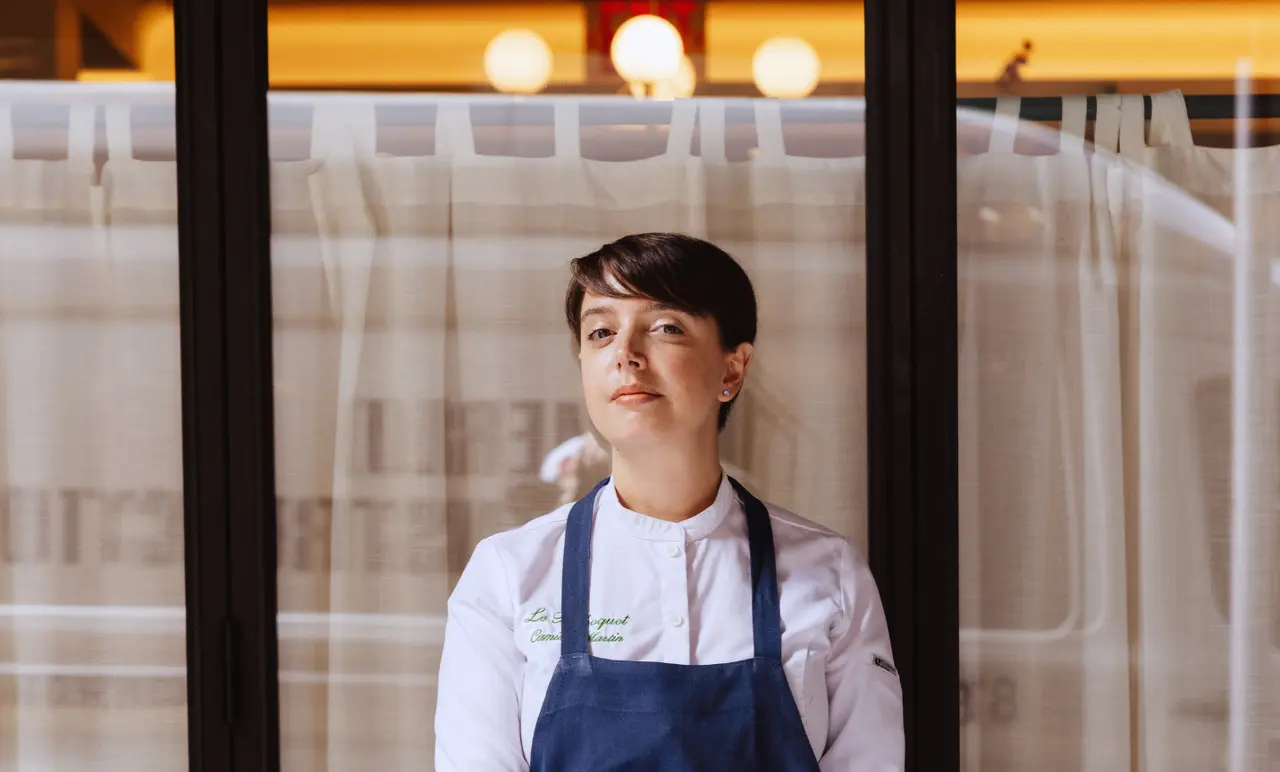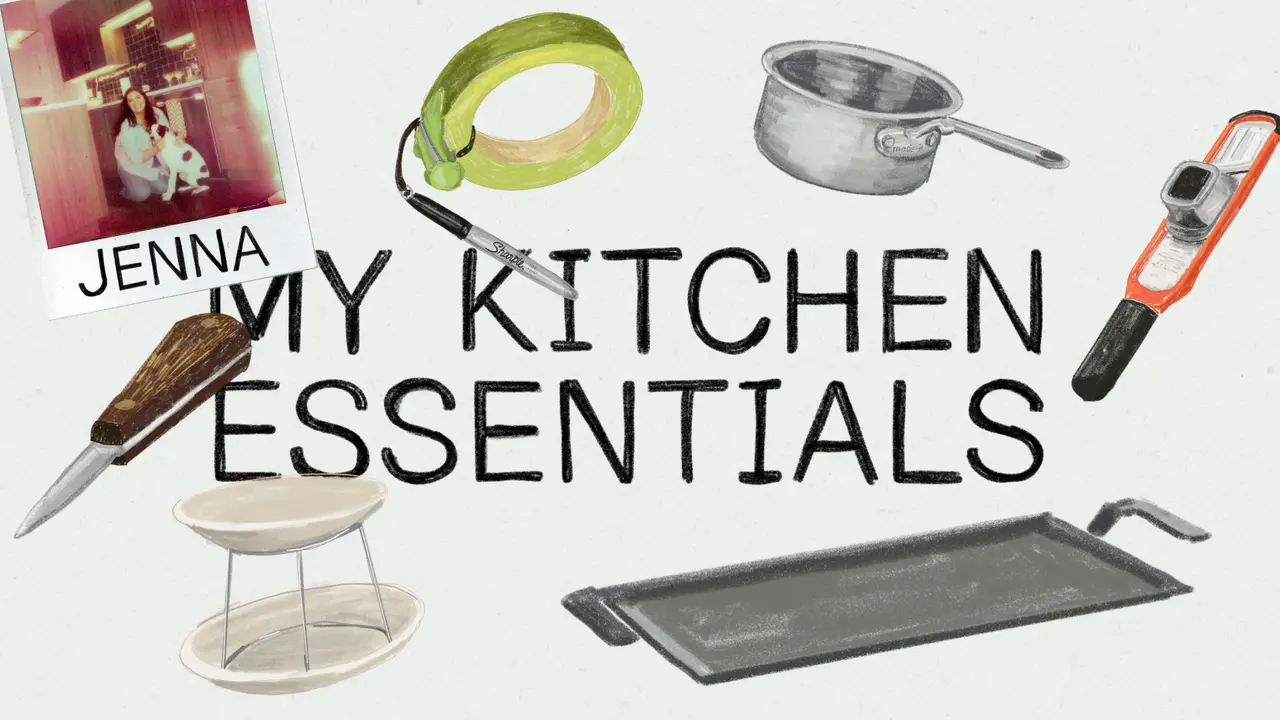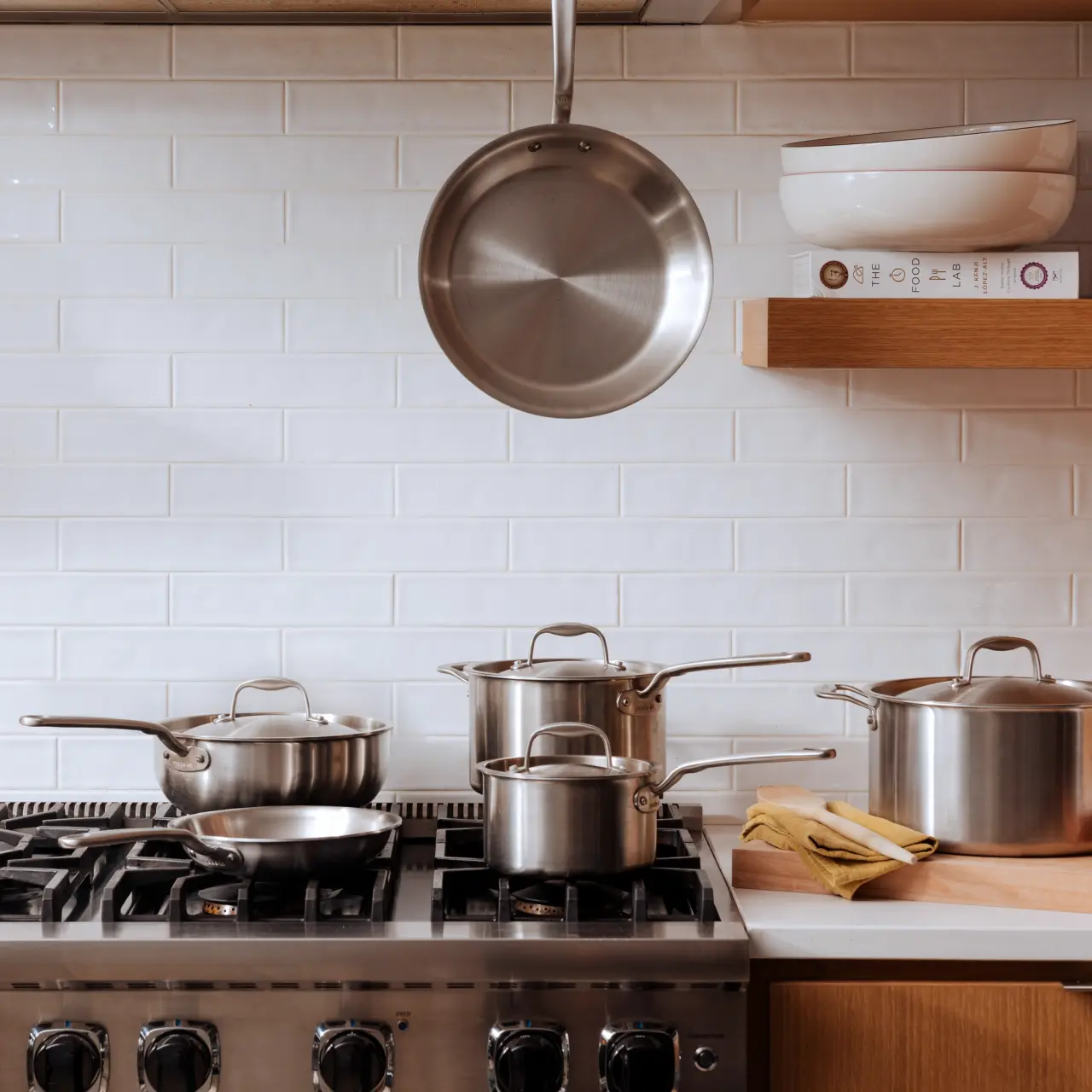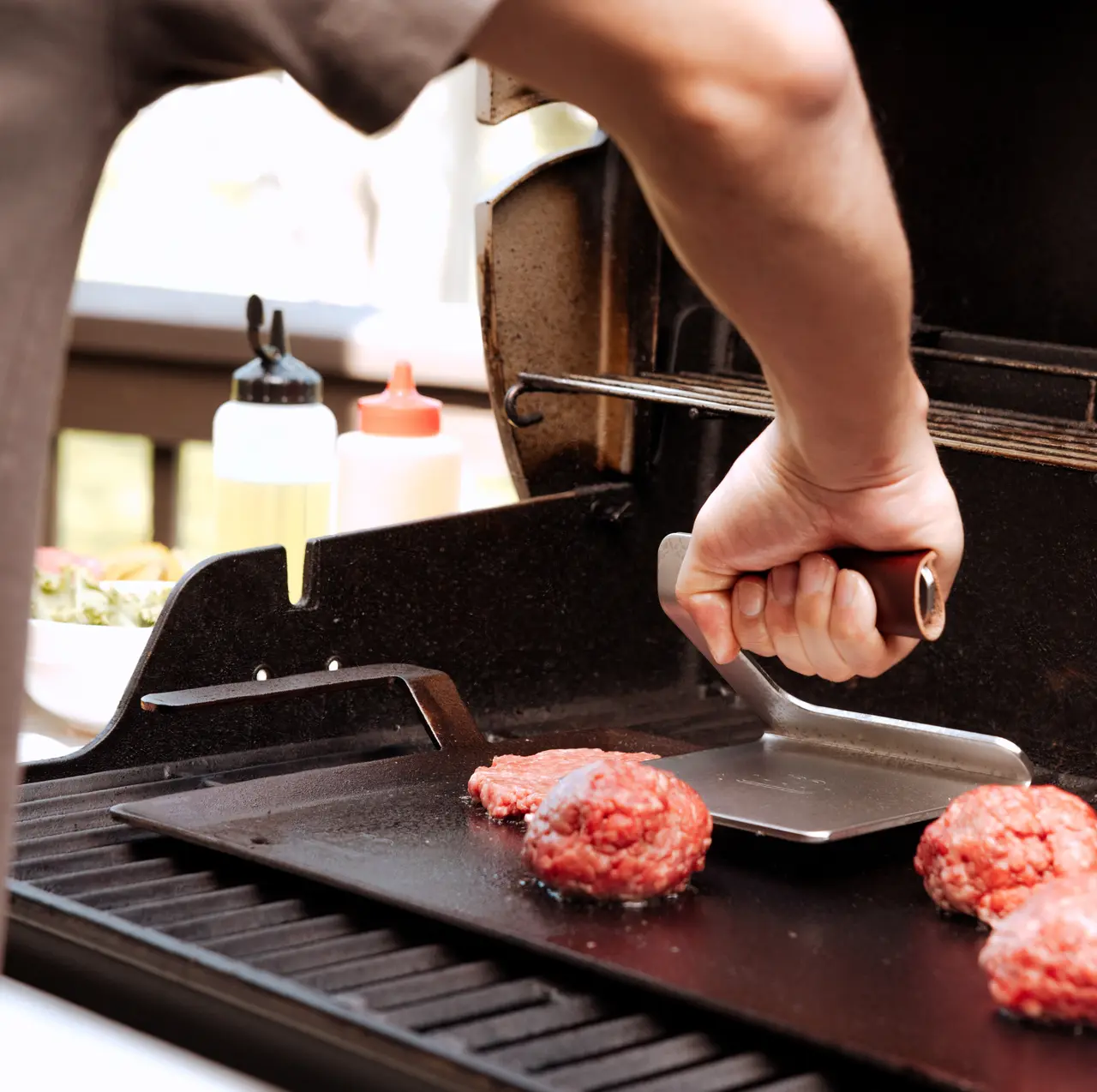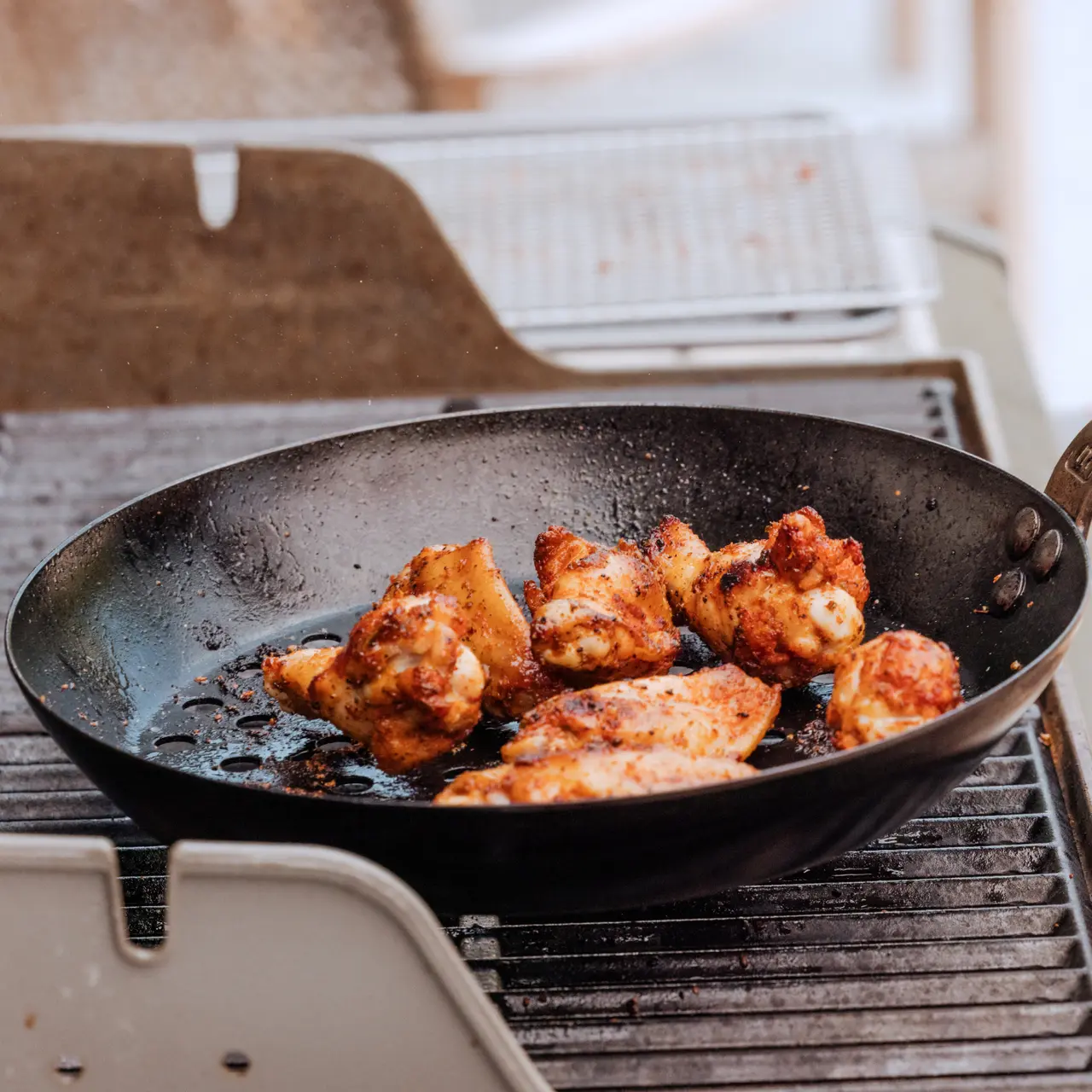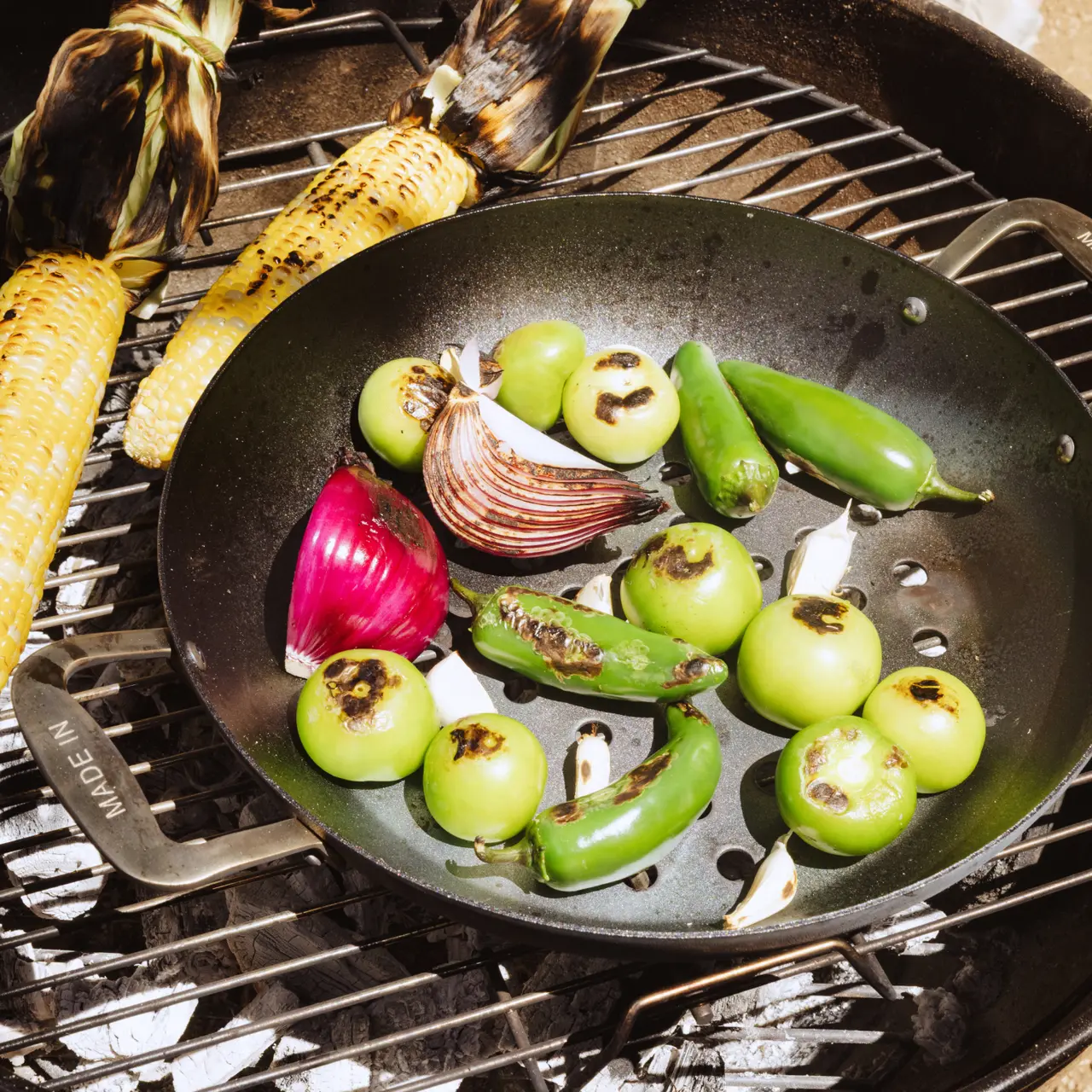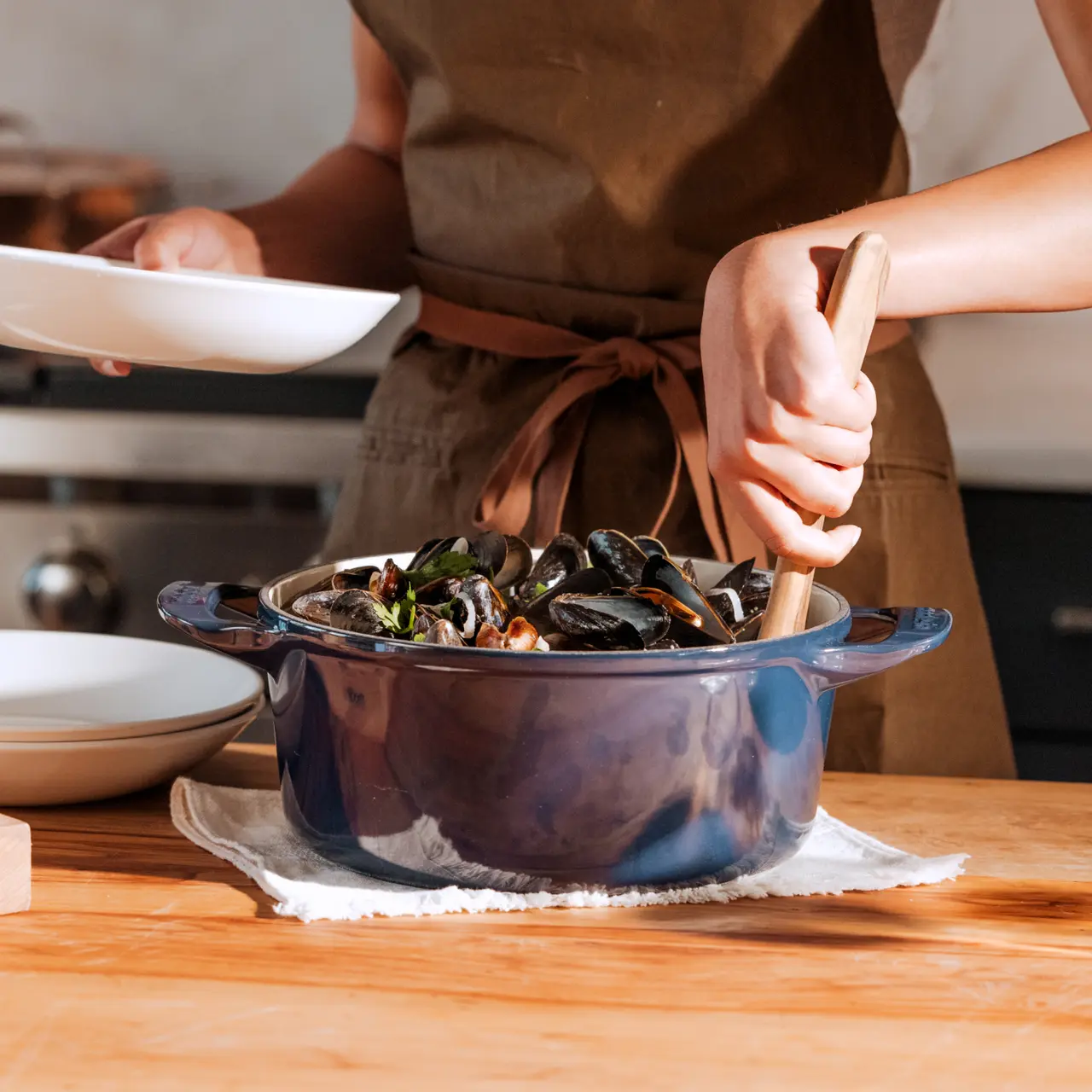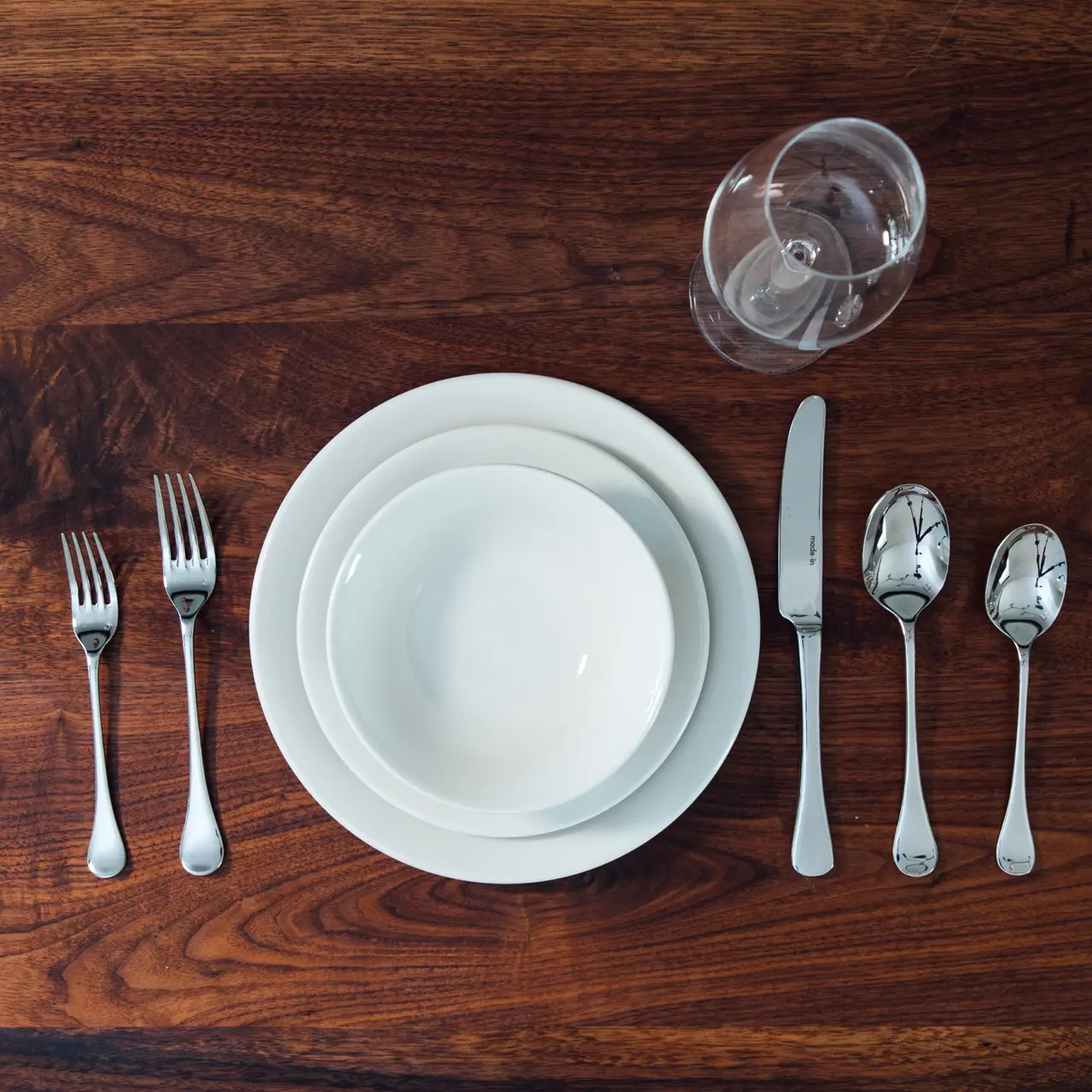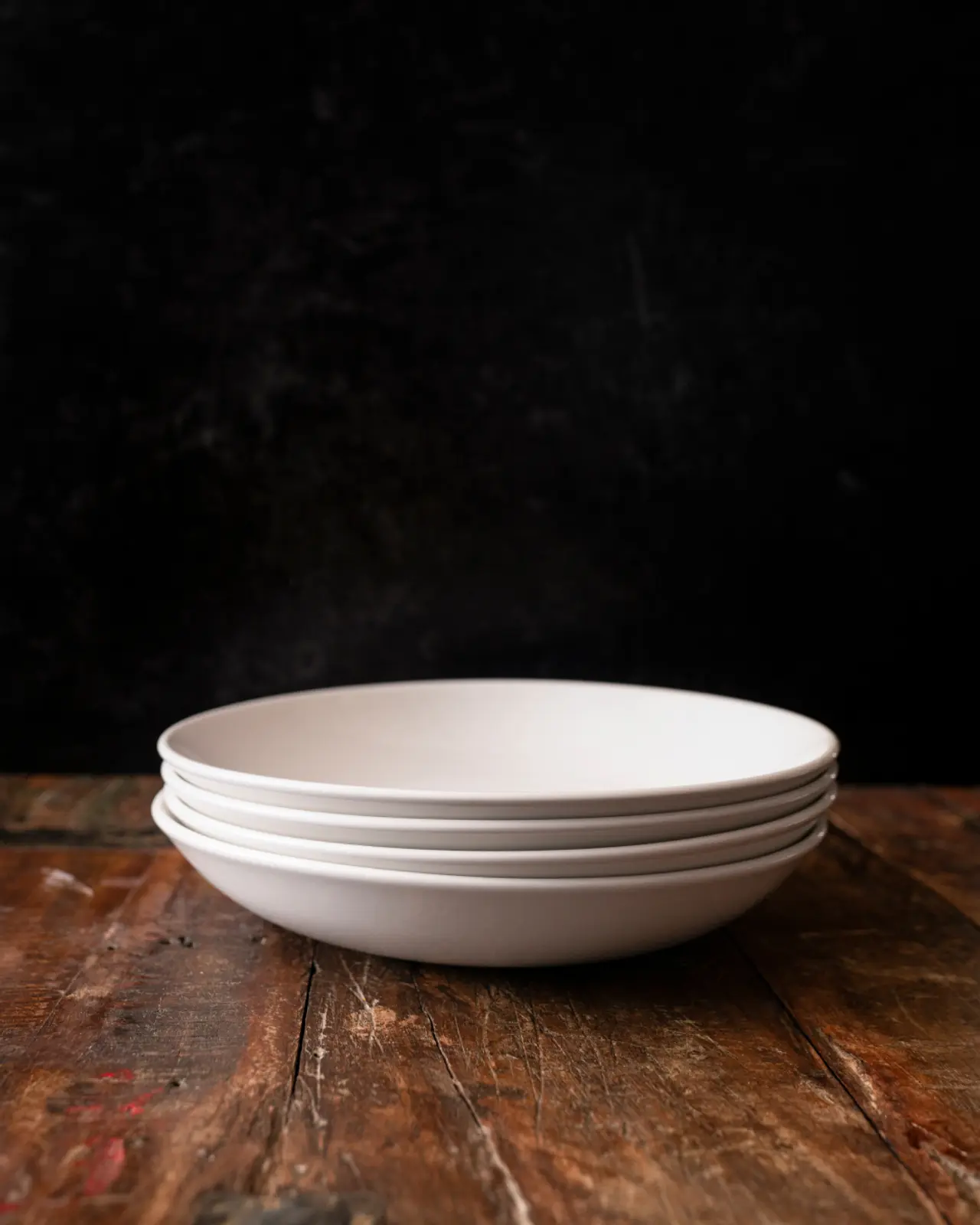Chef Jamilka Borges has undertaken what very few people had contemplated doing during the pandemic: opening a restaurant. Wild Child, located in Pittsburgh is an all-day café that will serve mostly vegetables and seafood. Oh, and she is the first chef to entirely outfit her restaurant with Made In—all of the Plateware, Glassware, and Cookware, is proudly ours.
Because Chef Jamilka is an expert plater, we thought it would be appropriate to talk to her and get some tips and tricks on how to create a perfect plate. Chef Jamilka recommends using a simple plate as a blank canvas with your food as the art, and it's one of the main reasons she chose to stock her restaurant with our plateware, especially our Serving Platter.
Mix Up Your Colors
It’s important to make sure that food that’s the same color doesn’t blend together on the serving platter. For instance, salmon should not be placed on top of carrots—too much orange. Now that doesn’t mean that you can’t have those on the same plate. Chef Jamilka just recommends including another pop of color to offset those similar tones. You’re also going to want to mix colors together. Think brightly colored salads with citrus, or using varying colors of carrots—orange, yellow, and purple.
Height Is Your Friend
When plating food items, Chef Jamilka suggests creating height and using it to your advantage. This allows you to build flavors on top of each other, and it also helps retain heat in your food. Stacking food allows you to get all the intended flavors with one fluid motion of your serving spoon. With our Serving Platter's length and oval shape, you can build flavors and ensure each serving of food has all components of the dish.
Think About Texture
Texture is one of the most important aspects of a meal. There are some foods that achieve a balance of textures on their own. A Maillard-reaction on a steak, roasted vegetables, and fried food all offer textual contrast by themselves. However, there are some foods that don’t: mashed potatoes, raw vegetables, and poached fish. While these foods certainly offer unique textures, the texture is consistent throughout. That’s why Chef Jamilka recommends thinking about texture when plating. You don’t want to put soft things together, like mashed potatoes and olive-oil poached halibut. You want each bite to have a variety of textures, when crunchy and creamy work together, it is pure bliss.
Final Tips
Have fun and try different things. Start with your serving platter—it’s your blank canvas. When plating, you should use your hands, tweezers if you have them, and Chef Jamilka’s go-to tool: a set of spoons. In the end, no matter the visual appeal, whatever you put on your plate will be a reflection of your hard work in the kitchen. Always remember height, color, and texture. With our Plateware, you'll have the tools to make it look as pretty as it will taste.

